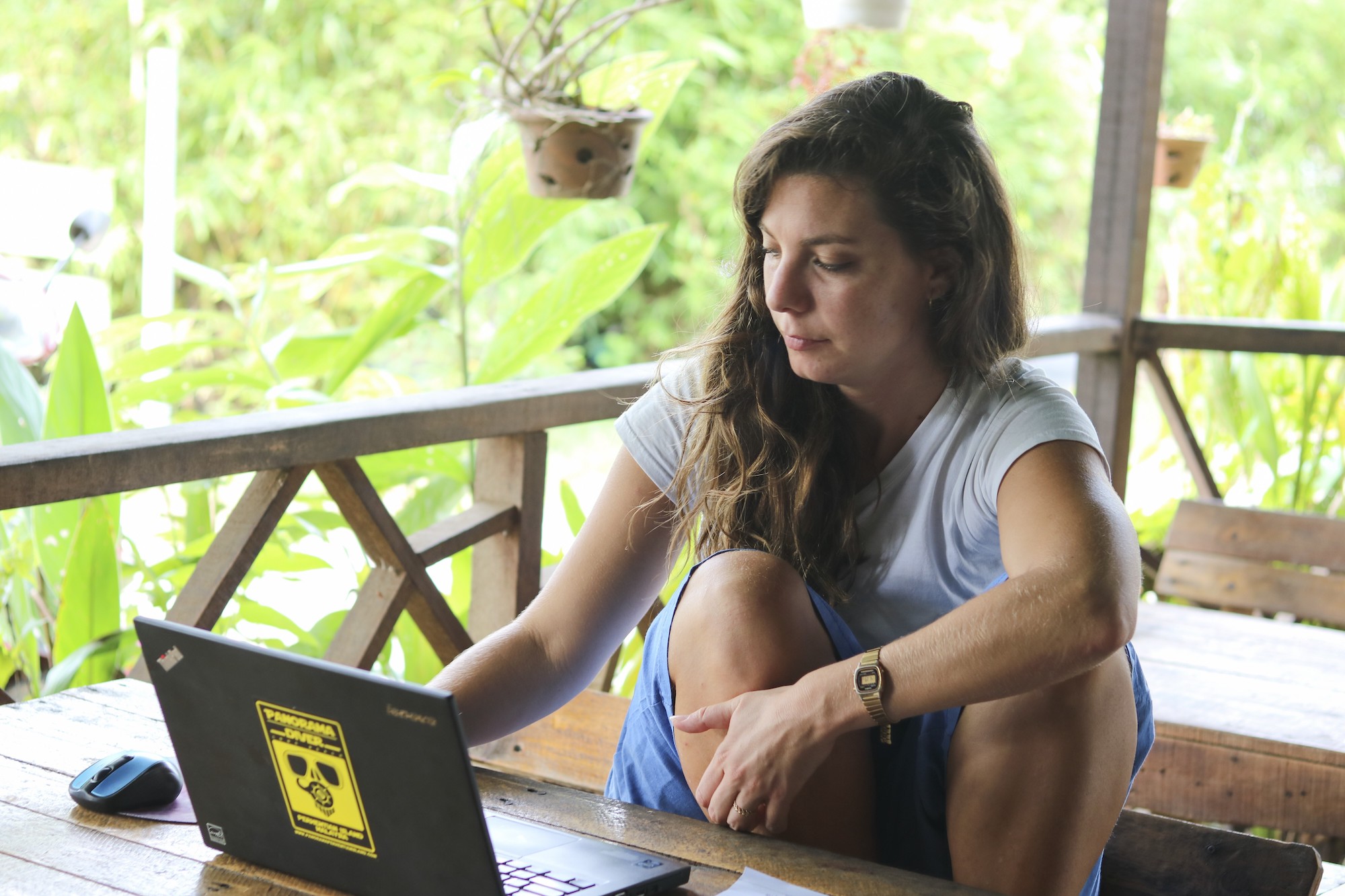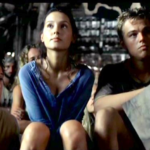Reporter Thomas Bird interviewed me by email last month for a South China Morning Post article called “Digital nomads adjust to living in one place rather than traveling.” What follows is the full text of our exchange on the topic of how travelers are adjusting and finding opportunities amid new global realities.
Do you think governments’ responses reasonably took into account the reality that some people just don’t have fixed addresses?
I think it will be another generation or so – when the younger generation is a more active part of international political administration – until policies consider people who don’t have fixed addresses. Despite the global ubiquity of the digital nomad lifestyle, it’s still a new phenomenon, and I suspect it lies under the radar of the policy-making class, which still thinks in terms of fixed addresses. This will change as younger generations, which consider digital nomadism as less of an anomaly, become more influential.
How have you been personally been affected by the pandemic?
Apart from the diminished ability to travel, the pandemic hasn’t affected me all that much. Part of my lifestyle strategy – a strategy that predates “digital nomadism,” though it probably applies – is to be based in an expensive part of the United States, in Kansas, when I am not traveling. Unlike many digital nomads, I was not trapped on the far side of the world when the pandemic kicked in, and here in lightly populated rural America it is easy to stay healthy as I digitally interact with the rest of the world.
How has the pandemic impacted digital nomads’ means to earn a living on the road in 2020?
Though I don’t have statistical data on this, I suspect digital nomads have been affected much like everyone else has been affected. For example, some of my annual income consists of podcast advertising, but the travel advertisers who typically work with me have understandably not bought many ads, as uncertainty has come to define the travel industry. Other digital nomad specialties are likely also affected by economic downturns amid the pandemic – though, as the world shifts to more “virtual” work, digital nomads are uniquely experienced and equipped to make the most of the new work norms.
Isn’t the culture of working remotely, mandated by the pandemic, exactly what digital nomads have long advocated? Are offices really relevant in the twenty-first century?
I think the pandemic has shown that a lot of work, in a lot of different disciplines, can be done remotely – and digital nomads have already mastered the skills and rhythms of remote work, in a way that makes them uniquely positioned to manage things right now. I’m sure there is an extent to which offices will always be necessary, but perhaps they will be less so in the future – perhaps in such a way that work tasks will in time become more hybridized, to incorporate a mix of remote and in-person undertakings.
What can wayfarers do to weather this storm in your opinion?
Travelers in general, and digital nomad travelers in particular, have always known that adaptation and improvisation are central to making sense of daily life on the road (or in the office). Digital nomads are facing new challenges amid these new pandemic norms – but then so is everyone, and I think travel-savvy workers will naturally be well equipped to adapt and improvise to make the most of the pandemic and post-pandemic work-world. I’ve always said that travel skills make a person more employable in the long run, and it feels like these skills – this flexibility and openness – will be particularly useful moving forward.
Do you see a “Brave New World” on the other side, or will vagabonding resume in earnest?
I don’t know that vagabonding has ever been a static lifestyle. Even in the years since my book Vagabonding came out, the travel milieu has changed a lot – particularly in the way it has been affected by technology. I suspect that vagabonding will not be as simple and as cheap as it has become in recent years – or at least in the short-term it will be a more complicated undertaking – but since adaptation and creativity has always been central to the travel lifestyle, I suspect vagabonders will find ways to embrace travel in dynamic ways, for decades to come.





